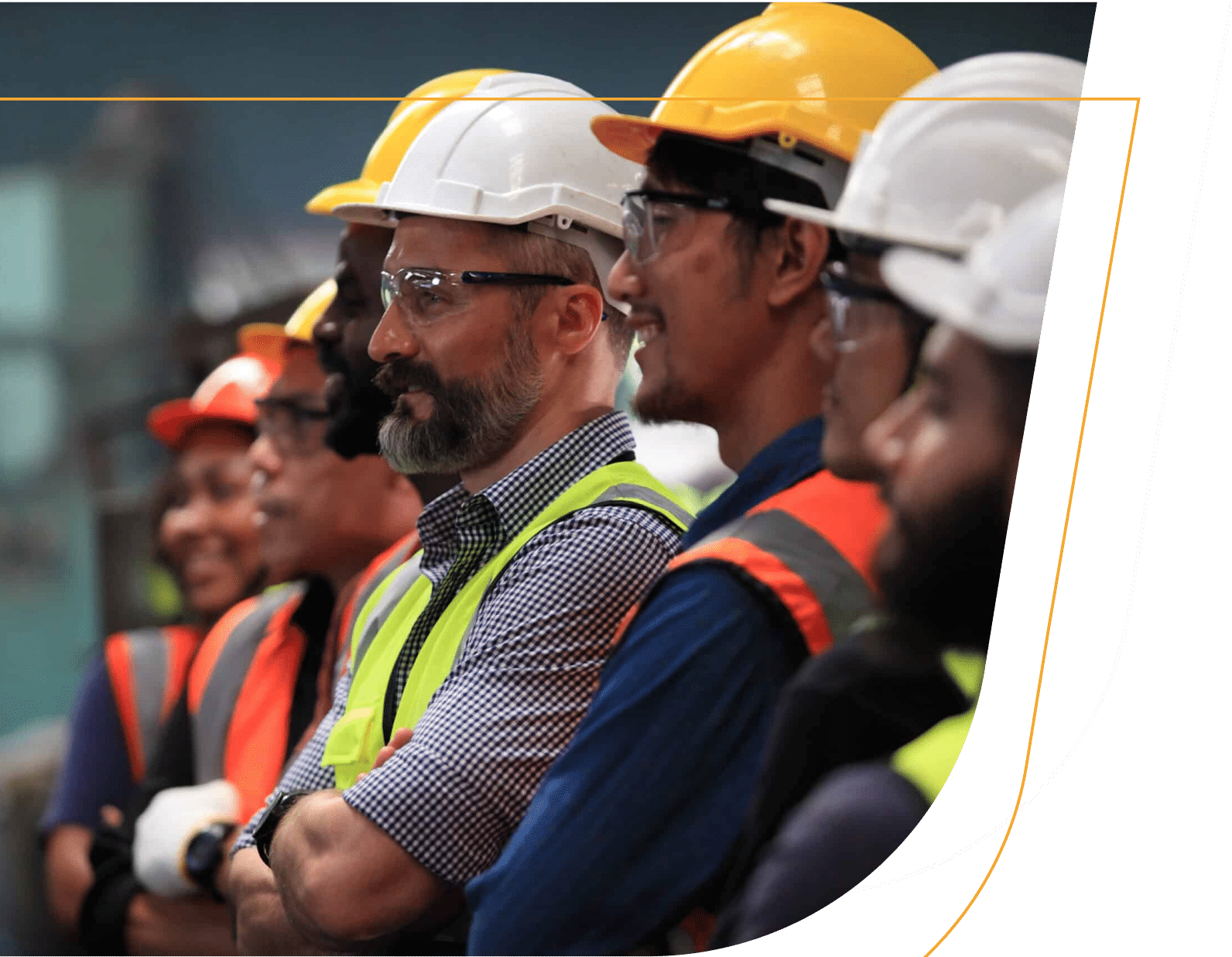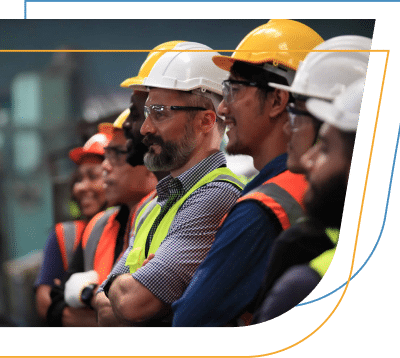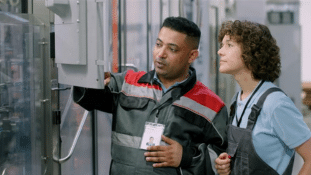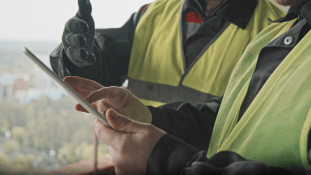

BLOG
REFOCUSING ON SAFETY DURING NATIONAL SAFETY MONTH
6/13/24
The recent tragic events in Baltimore Harbor remind us of the importance of workplace safety and the potential risks each of us takes working in the commercial mechanical, electrical, plumbing, and HVAC fields. June is National Safety Month, a period that allows us to rededicate our commitment to construction safety and safety training. Specifically, National Safety Month enables every company and individual to identify specific safety issues to reinforce in June and the remainder of the year.
Safety Best Practices
Many categories of safety best practices are universal, applying to anyone involved in the building trades and related industries. Of course, the specifics of how these best practices apply differ by your line of work, but let’s consider how well your organization has applied the best practices mentioned below and uses them as reminders of the many ways to keep your team members safe and productive.
- Do you and your organization consistently ensure compliance with these best practices?
- Do you periodically let things go?
- What consequences do violators face when they forego these practices?
Conducting Risk Assessments
Do your team members perform risk assessments upon entering a new workplace or location? Do they step back to assess potential risks before diving into the work? Are emergency preparedness training and escape route planning standard practices at each job site?
Electrical Hazards
Electrical hazards exist at most work sites so it is crucial to ensure team members are aware of standard safety practices, such as:
- Disconnecting power to the equipment they worked on
- Following lockout and tag procedures
Chemical and Harmful Substance Exposure
HVAC technicians and others have regular exposure to refrigerants, caustic chemicals, and solvents that can be dangerous when not handled properly. Essential safety procedures include:
- Wearing appropriate PPE
- Following appropriate procedures when evacuating, handling, and transporting these substances
Tool and Equipment Safety
Tools and equipment need regular maintenance to work effectively and safely. Although the slogan “See Something, Say Something” is applied in other settings, the same logic applies to worn or broken tools and equipment. Speak up if you see:
- Damages affecting tool or equipment integrity
- Tools used without proper safeguards
Respiratory and HVAC Standards
Many workplaces deal with refrigerants and chemicals in their everyday processes, making it vital to ensure the proper:
- Ventilation of all working environments
- Treatment and handling of mold and other organic hazards
- Working condition of sensors and monitors for carbon monoxide and other gases
Working at Heights and Ladder Safety
Working at heights is the norm for those involved in new construction and many types of renovations, as it is for commercial HVAC and other personnel working on rooftops. Do they:
- Wear harnesses or use scaffolding or lifts as needed
- Keep hands-free and maintain three points of contact on ladders
- Ensure ladders and lifts are on stable ground, adequately braced, and at the correct height
Personal Protective Equipment (PPE)
The proper use of PPE is not subject to individual choice. It’s a qualifier for entering and remaining in the workplace. Besides hard hats, adequate footwear, and safety goggles, your responsibility includes ensuring compliance with the use of:
- Ear plugs
- Non-conductive or other specialty gloves
- Masks or respirators

When Health and Safety Training Goes Unspoken
Like other workplace elements, part of workplace safety comes from how and what you communicate about safety. The tools you provide, the working conditions you accept, and the issues you allow or reinforce say more about your commitment to safety than all the words you can speak.
Nevertheless, the spoken and written word is critical to safety. In many workplaces, a crucial means of communicating the importance of safety awareness is your willingness and ability to hold site safety training sessions and provide safety documentation in languages other than English. You are responsible for ensuring a safe work environment and safe work practices. Communicating those standards in languages your workforce understands will help protect team members for whom English is a second language. At the same time, making the effort to effectively communicate safety to workers whose first language is not English communicates to everyone that the contributions and safety of each team member are valued. You communicate the importance of safety in your work culture by delivering that message to team members from every culture.
Regardless of your role in the mechanical, electrical, plumbing, and HVAC fields, you can communicate, influence, or enforce safety practices in your organization and with your work partners. We encourage you to use National Safety Month to advance the cause of safety and ensure safe and effective working conditions for all.





